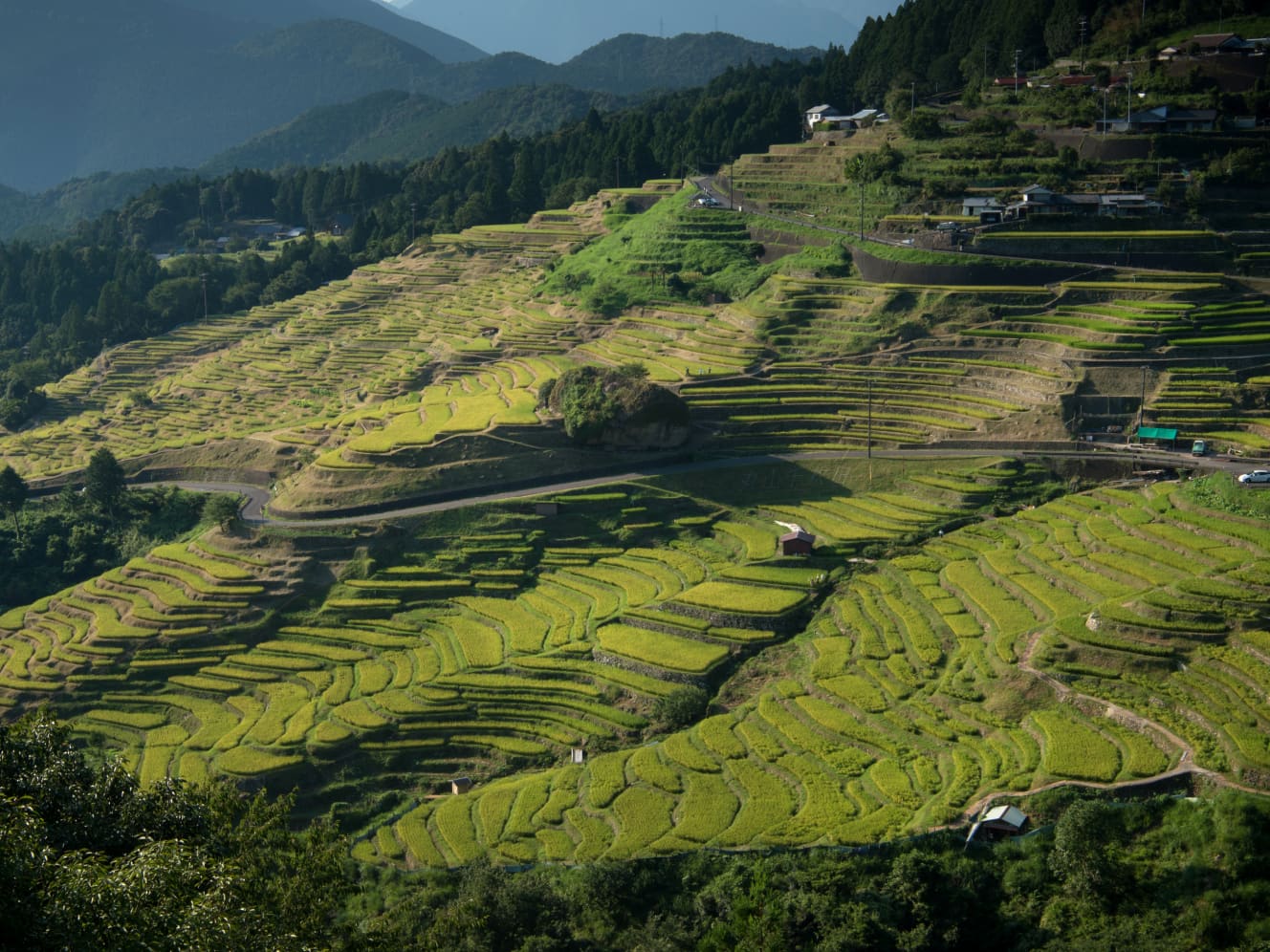Rice Shortage, Price Increases & Restrictions on Purchase in Stores! Worst case scenario in the 30’s…’The day when we will no longer be self-sufficient in rice’.
He said, “MAFF has been trying to exclude small farmers from subsidies so that they can target larger farmers, but as far as whether these larger farmers have increased their productivity and further expanded the scale of their operations, they haven’t come out as large as expected.”
The Ministry of Agriculture, Forestry, and Fisheries (MAFF) has been implementing such measures for decades, and Mr. Hirasawa questions their cost-effectiveness.
In “Nihon no Rice Mondai” (Japan’s Rice Problem) (Chuko Shinsho), author Shinnyo Ogawa says, “The larger the farmers are, the more they rely on subsidies and the more they produce other things besides rice. On the other hand, small-scale farmers specialize in rice production without relying on subsidies.” The average percentage of agricultural subsidies to total income is 77% for farmers with 20 or more hectares, compared to 0.6% for farmers with less than 0.5 hectares.

Not enough farmland, but a surplus of rice paddies?
Rice has been Japan’s only major food source, but the country may no longer be self-sufficient in rice. From the perspective of food security, Mr. Hirasawa sounds the alarm. He points out that Japan has responded to post-World War II food shortages with imports and increased rice production, and sees the need to maintain a minimum level of domestic production to avoid the risk of large-scale food imports.
In fact, the weakening of the management base of rice production has become an urgent issue for Japan’s food security. Japan has been dependent on grain imports from the U.S., but in the early 1970s the U.S. temporarily suspended soybean exports and indicated that it might also restrict corn exports. Around this time, the term “food security” began to be used.
Demand for rice has been stagnant due to a declining population and diversifying diets, and even if there are rice fields, they are no longer available and there is no one to cultivate them. Japan is in a strange situation: there is not enough farmland, but there is a surplus of rice paddies. There is not enough money,” Hirasawa said, explaining that there are two ways to solve this problem.
One is to raise the price of rice to match the cost of production. However, in that case, a shift in demand to cheaper imports and wheat is expected, and Hirasawa says, ” Raising the price of a staple food goes against the welfare of the people.
Another solution is to make better use of subsidies. Hirasawa advocates a policy of “compensating farmers’ income with direct payments” and believes that consumers should be encouraged to support the maintenance of farmland with subsidies for food security. He stresses the importance of “direct payments” to rice farmers.
He said, “Instead of increasing the current subsidies, we must ensure that the right crop is grown in the right place. Otherwise, we will only make them even less efficient.”
In Japan, major policies include a major increase in defense spending and expansion of childcare support. Although a low-profile presence in the background, once abnormal weather or regional conflicts make imports difficult to obtain, food security will become a matter of life and death for Japan, just as it is for energy and other resources. In addition to its main constituent carbohydrate, rice contains protein, calcium, minerals, vitamins, and dietary fiber, and there is nothing more nutritious than rice. We can at least try to use our wisdom to ensure that Japan can continue to be self-sufficient in rice alone.
Reporting and writing: Hideki Asai